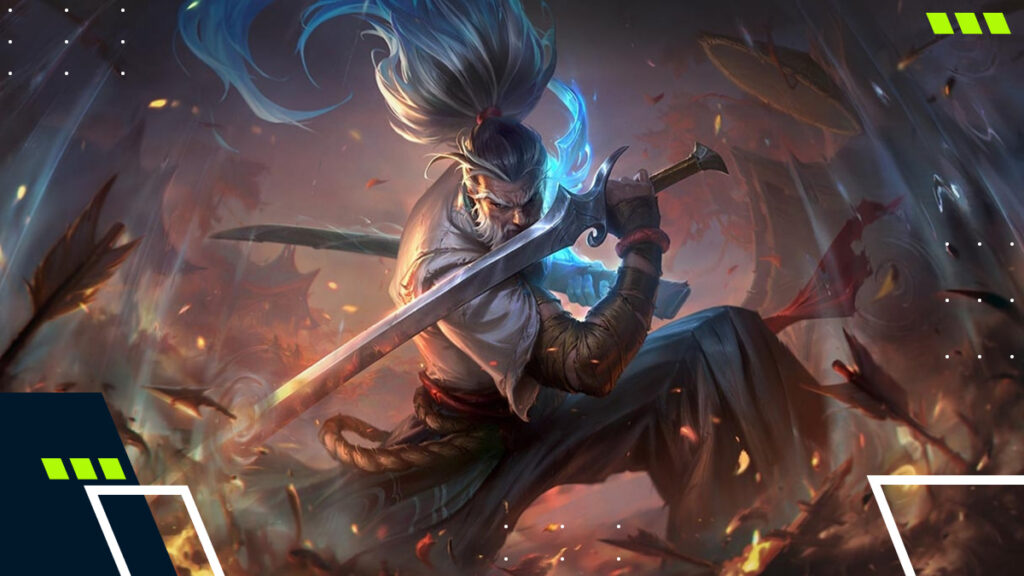What is Limited Matchmaking in Call of Duty? Is It a Shadowban?
On January 5, 2024, Activision Blizzard published a new ruleset talking about ‘Limited Matchmaking’ that got some users a little hot under the collar. In this post, the terms and conditions of the ‘Call of Duty Security and Enforcement Policy’ were outlined in full. There was a lot of attention paid to the ‘Limited Matchmaking’ portion of the rules, with some users aligning it with ‘shadowbanning’ mechanics. So, what is Limited Matchmaking in Call of Duty, and how does it impact you?
If you’re an above-board and legitimate player, there’s no reason why you should be worried about Limited Matchmaking. Unfortunately, the technology isn’t perfect, and some users are reporting false shadowbans – as they have been for years. Innocent players are being hit with shadowbans in Call of Duty, and that comes as a result of Activision tightening up the rules across the board. Read on to learn about Limited Matchmaking in Call of Duty and the new rules.
What is Limited Matchmaking?

In Call of Duty, Limited Matchmaking is effectively a ‘shadowban’. It’s a system that allows Activision Blizzard and its associated studios to restrict your functionality within its ecosystem. It might stop you from finding matches with ‘legitimate players’ it could impact those playing in your party, or it could match you exclusively in ‘high ping’ games. However, in the newly published ruleset, there’s a concerning lack of thresholds and definitions, and that’s where innocent users feel they may fall foul of the new terms.
There were dozens of offences outlined in the new rules, each bearing its own punishment structure. For instance, it was stressed that users found to be ‘Boosting’ would have their accounts reset, their leaderboard entries deleted, or have a temporary suspension handed to them. Those who were found to be exploiting ‘Glitches’ would be suspended, have ‘split-screen privileges’ revoked, or have their accounts reset.
There was a long list that included offensive behaviour, griefing, malicious reporting, and reverse engineering of data, among other things. Any of these offences can lead to a player winding up with a Limited Matchmaking rule being applied to their account.
How to Avoid Shadowbans in Call of Duty
The best way to avoid shadowbans in Call of Duty is to be a legitimate, honest, and rule-abiding player. If you’re not flouting the rules, you shouldn’t wind up with a shadowban. It’s that simple. There are some issues with thresholds in the new rules, though. For instance, ‘malicious reporting’ is something that can land you with a Limited Matchmaking shadowban. It doesn’t stress how many reports constitute ‘malicious’ reporting, though. It’s also stressed that exploiting glitches will land you in this virtual prison, but if you fall victim to an inadvertent bug and someone reports you, will that be seen as you exploiting a glitch? Ultimately, as long as you’re a good sport, you watch your online behaviour, and you follow the rules, you shouldn’t be shadowbanned in Call of Duty.Stay tuned to Esports.net for more Call of Duty news














